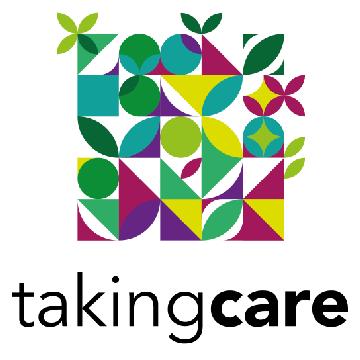Staff directory
Jacky Maniacky
Cultural anthropology & history
Culture & Society
Culture & Society
TAKING CARE
Ethnographic and World Cultures Museums as Spaces of Care
TAKING CARE explores the connections between ethnographic collections and questions regarding the climate crisis and the Anthropocene, and in this context addresses issues related to the afterlives of colonialism. It positions ethnographic and world cultures museums as spaces to confront these challenges in participatory and creative ways.
Taking Care is the logical follow-up to the work already started in the earlier projects SWICH (2014-2018), RIME (2008-2012), and READ-ME I & II (2007-2012), building on their outcomes. These earlier projects were designed to help participant ethnographic and world cultures museums rethink their role and mission within changing European societies, especially focused on developing practices that could critically address the colonial contexts in which these museums were founded and the postcolonial context in which they continue to operate.
Project objectives:- To place questions of care on the agenda of Ethnographic and World Cultures Museums
- To develop world cultures museums as more active sites for information around environmental change and planetary precariousness and its impact on all of us, but especially some of the most precarious human and non-humans on earth
- To develop new conservation methodologies that move beyond a limited focus on object integrity, but through collaboration with originating community experts, care for the people who made them and their futures
- To inspire audiences towards more responsible practices of caring for the world they/we share with others, including feelings of responsibility for the lives of others all over the world
- To foster creative solutions for more sustainable use of the earth’s resources and thus contribute towards fashioning other more equitable futures
- To develop the museums as a site for ethics of cultural care that can actively contribute to cultural survival and cultural and artistic revival and sustainability
- To develop the museum as a site for grounded theories of planetary precariousness/Anthropocene
- Through a lens of care, to address issues related of the afterlives of colonialism and its effect in the unequal distribution of resources – including heritage resources
- To share with a larger public the complex interrelations and value of the collections via innovative digital tools such as gaming and other educational or exhibition formats
Principal investigator:
Dates:
2019 2023Museum staff:
External collaborators:
Weltmuseum Wien, Vienna (A) [Project leader]The National Museum of World Cultures, Leiden (NL)
Pitt Rivers Museum, Oxford (UK)
MARKK, Hamburg (DE)
Museum of European and Mediterranean Civilisations – MUCEM, Marseille (FR)
Museum for Archaeology and Anthropology, Cambridge (UK)
Linden-Museum, Stuttgart (DE)
Slovene Ethnographic Museum, Ljubljana (SL)
National Museum, Copenhagen (DK)
Ethnological and World Cultures Museum, Barcelona (ES)
National Museum of World Culture, Stockholm (SW)
National Museum of Prehistory and Ethnography “Luigi Pigorini”, Rome (IT)
Culture Lab, Tervuren (BE)
